It Takes Community to Counter Inertia in Society
We humans are animalia socialis. We live with fellow humans and interact among ourselves in a community. Because of certain interests and concerns, we forge alliances with members of other communities to give more meaning to our individual existence. As much as possible, we, members of society, want to live harmoniously with each other. We might express varying opinions and differ in our activities. Nevertheless, we try as much as possible to avoid conflicts that damage relationships or cause violent hostilities. We try to extend our patience and tolerance up to a point where the consequences would only go so far and increase the vibrancy of social life. Under normal circumstances, we do not want to rock the boat. Within the framework of rationality, sober thinking, and level-headed deliberation, we do not want to create trouble in society. The more responsible members of a social community would tend to identify viable alternative solutions to neutralize a conflict that might turn into a physical clash, because mutual agreement is the ideal in social interactions.
Reality, however, is evidently contrary to all of this. Conflicts among community members are commonplace. There are disagreements and differences of varying degrees here and there, disintegration of alliances and infringement of conventions, breaches of contracts and broken promises. We have witnessed the geographical partition of societies, the secession of communities from larger social arrangements, the collapse of previously stable unions, the dissolution of coalitions, and the balkanization of regional communities due to long-brewing cultural divergences. Indeed, a strong theory might be that what is generally normal in society is not only a fundamental divergence of the individuals and sub-groups within it but also plenty of discord, conflict and clashes. In other words, the animalia socialis are not creatures of harmony and agreement but of hostility and antagonism.
Yes, we have seen how alliances are formed and pacts signed, how cooperation is generated and collaborations developed, but none of these are considered to be permanent. Even an apparently long-running status of agreement is always threatened by—if not often at the brink of—termination. On one hand, societies are transitory at best and precarious at worst; on the other hand, new societies are spontaneously and continually formed from those previously dissolved. Thus a better theory is that societies come and go, but humanity cannot meaningfully continue without society. In other words, societies cannot die or fade away; they are simply reformulated in a radical sense to suit the interests of their “transformers,” who may be politically described in terms of the location of power concentration and therefore could be either democratic or autocratic.
Now the question arises: Do we have the society we want? The key factor lies in initially considering who the so-called “transformers” of society are, and this is a political matter. Individual members of a particular society who belong to the “transformer” class are endowed with the power to generate social change and are therefore active participants in the reform and transformation of that society. In an ideally democratic political landscape, the majority of the populace are theoretically those who call the shots and hence constitute the “transformer” class. Even as we think of the varieties of democratic rule (direct or participatory, etc.), the focal point is always the people who are supposed to be the ruling power in a situation of democratic governance: the power brokers, so to speak. A society is shaped and reshaped, formed and transformed by the collective interests of its power brokers. In the context of this theoretical implication, it is therefore assumed that the society people have is the society they want.
Is this really the case? As we emphasized, the above discussion was theoretical. Do we have the society we want? If we are honest with ourselves, we will grant that there are features of our present society that suit our interests, while on the other hand, there are aspects that we abhor and wish to get rid of. We are naturally inclined to applaud and speak well of certain social conventions and procedures, customs and practices that we not only regularly observe but also actually do ourselves as we live normal lives as bona fide members of our society.
Yet there are also many despicable circumstances that we would instantly wipe out if only we had the power to do so. This brings up the crucial question: Why are we impotent to effect change that we consider to be urgently needed? The reality is that we are unable to do so by relying solely on our own limited individual competence. The most glaring fact we must acknowledge, however, is that we lack the ideal society we dream of and desire. We routinely deal with social circumstances that challenge, to different degrees, our emotional endurance and mental limitations, and along the way, we commit ourselves to preserve our most esteemed sanity. At the end of the day, we tell ourselves that we are in fact living in a crazy society: a human organization that we would improve if only we had the opportunity and power to do so. Another important question therefore crops up: Why are we not instantly endowed with a capacity to transform a society that befits our idealism?
We are not born into this world to start a society. The incontrovertible fact is that we are born into a society. Under normal circumstances, we are nurtured in the most basic unit of this society, which we call family. After some years, we are exposed to a wider realm of human interactions in more expansive social institutions, and in the process we broaden the scope of our social connections. We get used to the cultural life of the society and we are, in certain ways, required to toe the fundamental line that has been cherished in that particular social setting since time immemorial. We are therefore caught up in a vortex where, at the beginning, we have no power at all to defy and resist the sociocultural reality. As time passes, we enter into conflicts with the very society that has raised us and molded us into the persons we are. We become increasingly impatient with occurrences that run contrary to what we perceive to be the necessary steps to improve the present condition. We start to see the flaws in certain social structures, even direct our criticisms towards those who preceded us and tell ourselves that the society we have is not the one we want.
Social change involves complex dynamics that are manifested in political terms. Thus we move away from the ideal and face the reality that even in the most so-called democratic environment, people’s power is an abstraction. Reality dictates that, in any political circumstance, democratic or autocratic, there is always a power block. Whether or not we want the society we have will remain a personal matter about which nothing can be done, unless we muster the energy to gather a substantial number of convinced and, therefore, principle-driven people into a strong alliance to inaugurate a committed endeavor. Without the opportunity to achieve this concrete precondition, the idealized changes we wish to happen in a better society will remain a figment of our imagination.
Editor’s Note: Photograph one by Edwin Lee; two from Manhhai ‘s archive; three by Isaac Garcia Gomez; four by Kai Schreiber; five by Simon Thomas; six by Pasu Au Yeung; seven by Pulpolux; eight by Cis Verfaillie; and nine by Jeff Kubina.
Related Articles

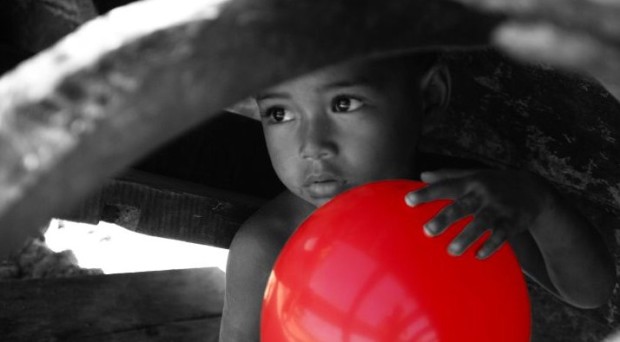
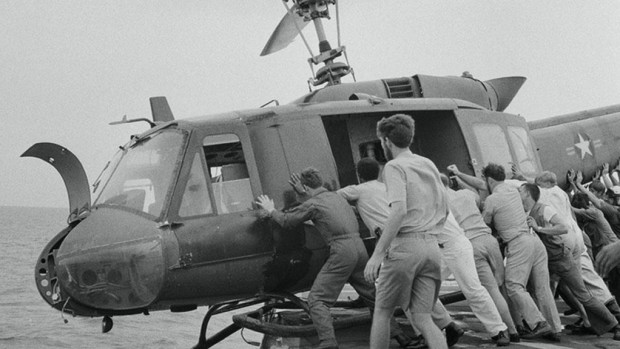
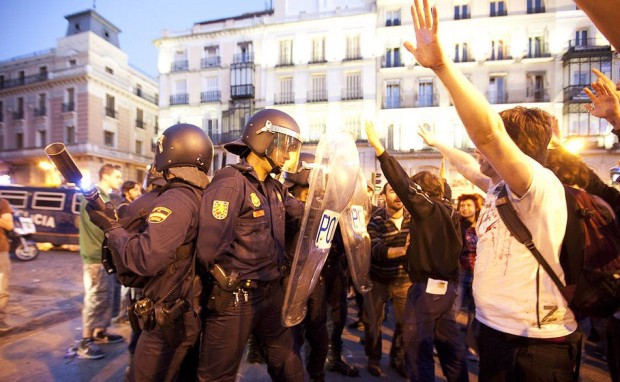
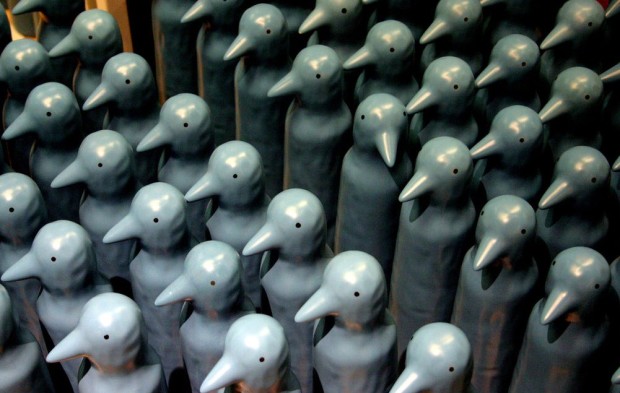
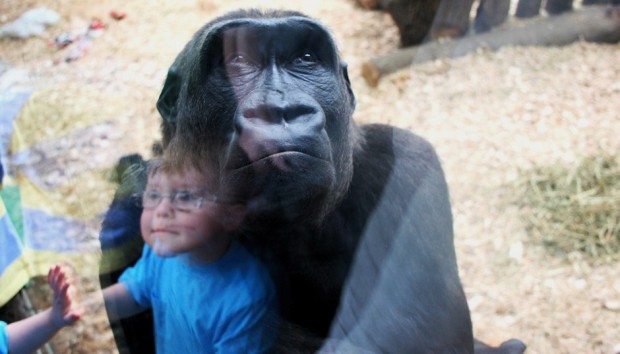
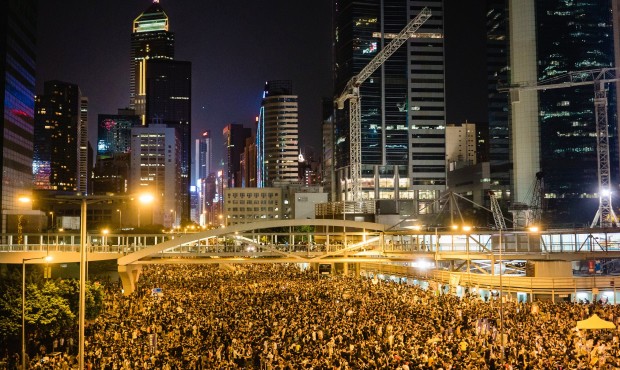
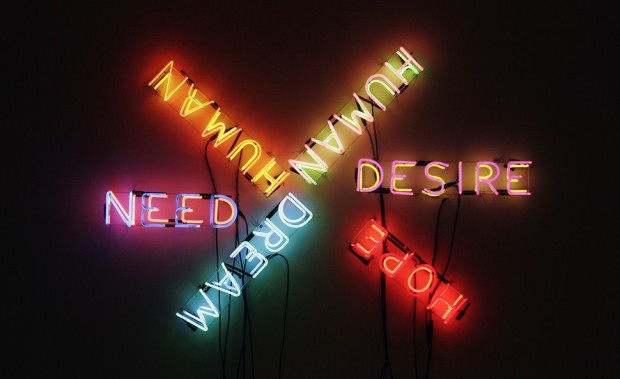
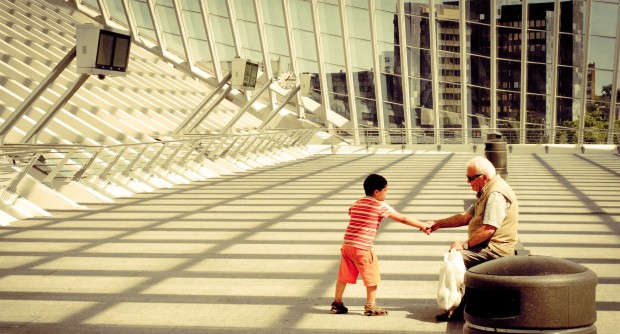
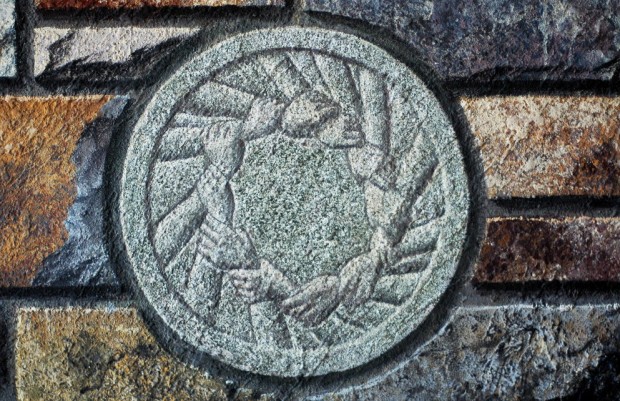











2 Responses to It Takes Community to Counter Inertia in Society
You must be logged in to post a comment Login